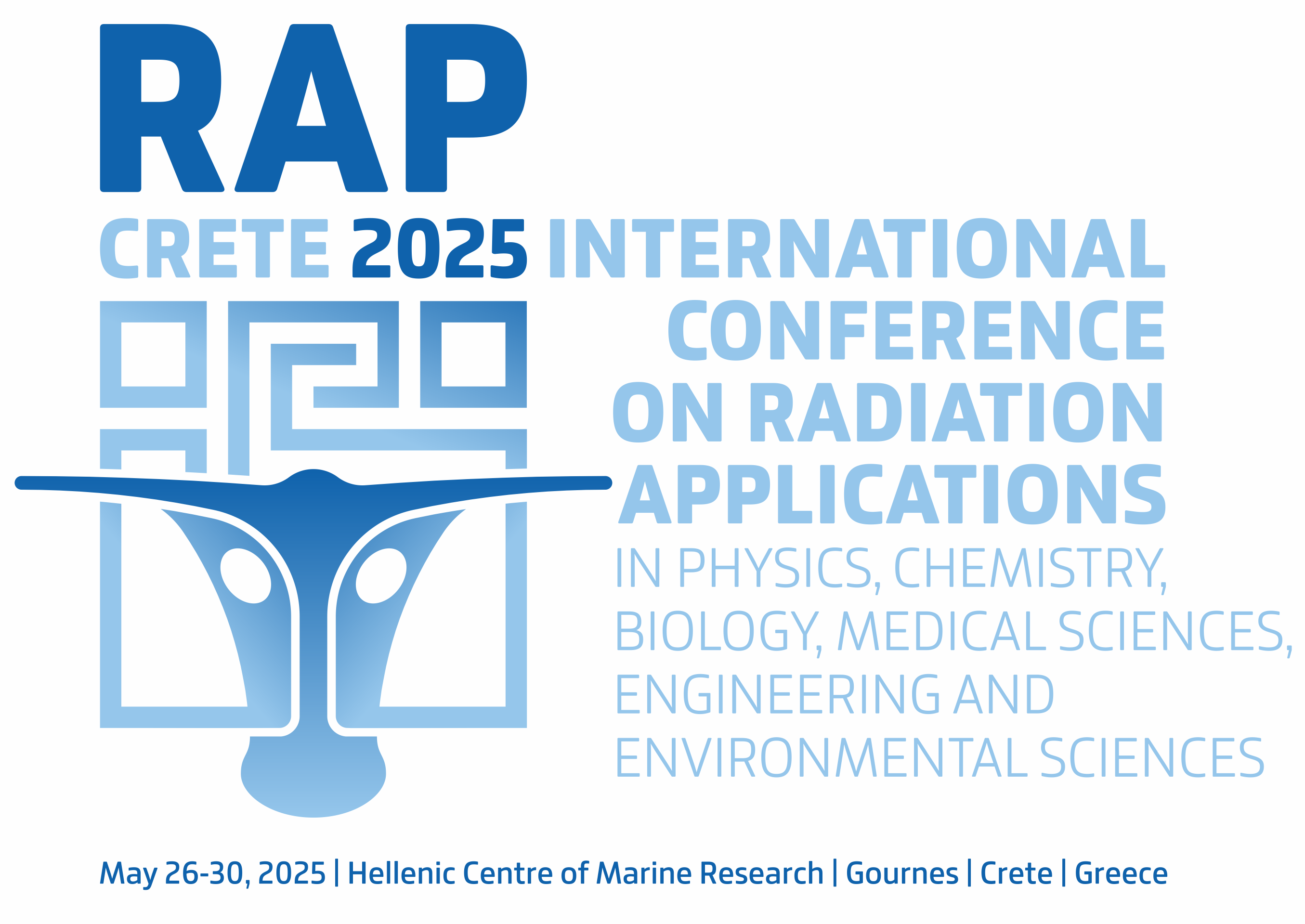Vol. 6, 2021
Radiotherapy
IMPACT OF INTERMEDIATE DOSE CALCULATION MODULE ON THORACIC ESOPHAGUS CANCER RADIOTHERAPY PLANNING
Canan Koksal, Nazmiye Donmez Kesen, Nergiz Dagoglu Sakin
Pages: 101–104
DOI: 10.37392/RapProc.2021.21
Abstract | References | Full Text (PDF)
Radiotherapy is the one of the major treatment modality for thoracic esophagus cancer patients. Delivering high radiation dose to the planning target volume (PTV) while protecting the surrounding normal tissues can be achieved by volumetric modulated arc therapy (VMAT) which is the advanced radiotherapy technique. For creating VMAT dose distributions, optimization algorithms and dose calculation algorithms in commercial treatment planning systems (TPS) are used. Especially in cases of tissue heterogeneity, the final calculated dose volume histogram (DVH) differs from optimal DVH acquired via the optimization procedure. The intermediate dose calculation (IDC) module, in the Eclipse treatment planning system, is utilized on optimization of the VMAT plan to solve these differences. The aim of the present study is to investigate the impact of IDC module during the optimization of VMAT for the thoracic esophagus cancer patients. The VMAT plans were generated on Eclipse TPS v15.1 using AAA algorithm without IDC module for ten patients with thoracic esophagus cancer patients. Then, the plans were re-optimized without changing optimization criteria by using same dose calculation algorithm with IDC module. The prescribed dose to PTV was 50.4 Gy/28 fr. The homogeneity index (HI) and the conformity index (CI) of PTV, maximum dose of spinal cord, mean dose of heart, the lung volume of receiving 5 and 20 Gy, were compared between plans created with and without IDC module. The CI of PTV for VMAT plans with and without IDC module were found to be 0.822±0.030 and 0.729±0.039, respectively (p=0.005). The HI of PTV for VMAT plans with and without IDC module were found to be 0.073±0.017 and 0.126±0.022, respectively (p=0.005). The maximum dose of spinal cord (p=0.028) and the mean dose of heart (p=0.047) were found lower in VMAT plans with IDC module. However, there was no significant difference for the volume of the lung receiving 5 (p=0.236) and 20 Gy (p=0.053). In conclusion, applying IDC module on VMAT optimization increases the plan quality in thoracic esophagus cancer patients.
- H. Kato, M. Nakajima, “Treatments for esophageal cancer: a review,” Gen. Thorac. Cardiovasc. Surg., vol. 61, no. 6, pp. 330 - 335, Jun. 2013.
DOI: 10.1007/s11748-013-0246-0
PMid: 23568356 - M. Watanabe et al., “Correction to: Recent progress in multidisciplinary treatment for patients with esophageal cancer,” Surg. Today., vol. 50, no. 4, p. 425, Apr. 2020.
DOI: 10.1007/s00595-019-01952-0
PMid: 31925580
PMCid: PMC7098937 - M. Teoh, C. H. Clark, K. Wood, S. Whitaker, A. Nisbet, “Volumetric modulated arc therapy: a review of current literature and clinical use in practice,” Br. J. Radiol., vol. 84, no. 1007, pp. 967 - 996, Nov. 2011.
DOI: 10.1259/bjr/22373346
PMid: 22011829
PMCid: PMC3473700 - H. Chen, D. L. Craft, D. P. Gierga, “Multicriteria optimization informed VMAT planning,” Med. Dosim., vol. 39, no. 1, pp. 64 - 73, Mar. 2014.
DOI: 10.1016/j.meddos.2013.10.001
PMid: 24360919
PMCid: PMC3954571 - Y. Li et al., “Impact of dose calculation accuracy during optimization on lung IMRT plan quality,” J. Appl. Clin. Med. Phys., vol. 16, no. 1, pp. 219 - 228, Jan. 2015.
DOI: 10.1120/jacmp.v16i1.5137
PMid: 25679172
PMCid: PMC5689966 - B. D. Park, T. G. Kim, J. E. Kim, “Dosimetric impact of intermediate dose calculation for optimization convergence error,” Oncotarget, vol. 7, no. 25, pp. 37589 - 37598, Jun. 2016.
DOI: 10.18632/oncotarget.7743
PMid: 26933998
PMCid: PMC5122334 - A. van’t Riet, A. C. Mak, M. A. Moerland, L. H. Elders, W. van der Zee, “A conformation number to quantify the degree of conformality in brachytherapy and external beam irradiation: application to the prostate,” Int. J. Radiat. Oncol. Biol. Phys., vol. 37, no. 3, pp. 731 - 736, Feb. 1997.
DOI: 10.1016/s0360-3016(96)00601-3
PMid: 9112473 - “Special considerations regarding absorbed-dose and dose-volume prescribing and reporting in IMRT,” J. ICRU, vol. 10, no. 1, pp. 27 - 40, Apr. 2010.
DOI: 10.1093/jicru/ndq008
PMid: 24173325 - D. Binny, T. Kairn, C. M. Lancaster, J. V. Trapp, S. B. Crowe, “Photon optimizer (PO) vs progressive resolution optimizer (PRO): a conformality- and complexity-based comparison for intensity-modulated arc therapy plans,” Med. Dosim., vol. 43, no. 3, pp. 267 - 275, Sep. 2018.
DOI: 10.1016/j.meddos.2017.10.003
PMid: 29079336 - U. Akbas et al., “Dosimetric impact of intermediate dose calculation on heterogeneous region radiotherapy planning”, Phys. Med., vol. 52, suppl. 1, p. 171, Aug. 2018.
DOI: 10.1016/j.ejmp.2018.06.531


